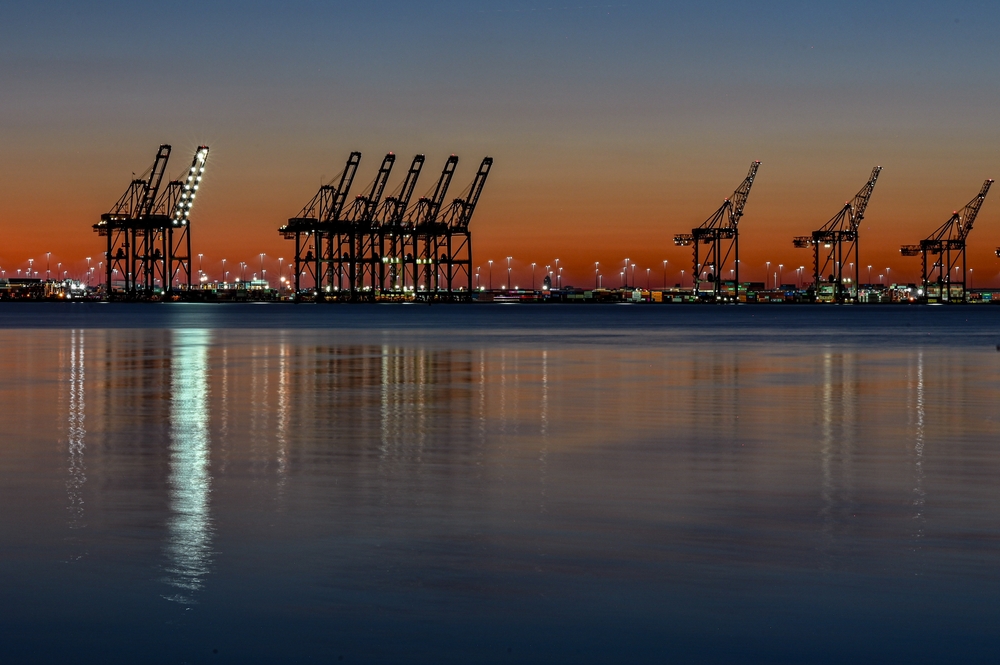This system incorporates the AI tool Cassandra from Nabtesco’s subsidiary, DeepSea Technologies.
Motion control technology company Nabtesco has implemented its Telegraph Agent automatic speed control system on the car carrier Malaysia Grace, operated by Eastern Car Liner (ECL), leading to a 3.4% reduction in fuel consumption.
The 3.4% improvement was validated through a ten-day test, alternating the Telegraph Agent system between active and inactive states every three hours, according to the company.
The analysis showed that while the average operational speed of 17kt remained stable, the active use of Telegraph Agent led to reduced speed and fuel consumption fluctuations, demonstrating its effectiveness in optimising engine performance, said the company.
Following successful trials, ECL intends to equip its entire fleet with this technology.
ECL Ship Management CEO N Murakami said: “As the first company in Japan to adopt this technology, we sincerely look forward to further collaboration between Cassandra and Telegraph Agent.
“Embracing new approaches is in our company’s blood, and the reduction in emissions this project has brought will be hugely valued by our clients.”
Telegraph Agent, which was introduced last year, allows vessel operators to automatically adjust engine output based on crew-set RPM, power, or speed, according to Nabtesco.
It integrates the AI-driven tool Cassandra from Nabtesco’s subsidiary DeepSea Technologies, which is said to optimise vessel speed on major trade routes in Asia, the Middle East, and Oceania.
Cassandra provides insights into speed and fuel usage across varying weather and ocean conditions, enhancing decision-making and identifying fuel-saving opportunities.
DeepSea CEO Dr Konstantinos Kyriakopoulos said: “We’re delighted that our AI-driven approach is taking hold in Japan, where companies are serious about the twin challenge of decarbonisation and crewing.
“Cassandra’s AI allows companies to unlock the full potential of Telegraph Agent to identify the ideal setpoints to achieve maximum savings across any given voyage.”
In October 2024, ECL announced that its car carrier, “Positive Challenger,” received Additional Fire-Fighting Measures for Vehicle Carrier (AFVC) certification from Nippon Kaiji Kyokai (ClassNK) for the marine transportation of electric vehicles (EVs).
The certification, AFVC (FD) (EV), pertains to early fire detection as outlined in ClassNK’s Guidelines for the Safe Transportation of Electric Vehicles.
ECL implemented a system from CTD Networks for the AI camera (HEAT SHIFT Fire and Smoke Watcher for Vehicle Carrier) installed in the cargo hold to enhance early fire detection capabilities.






